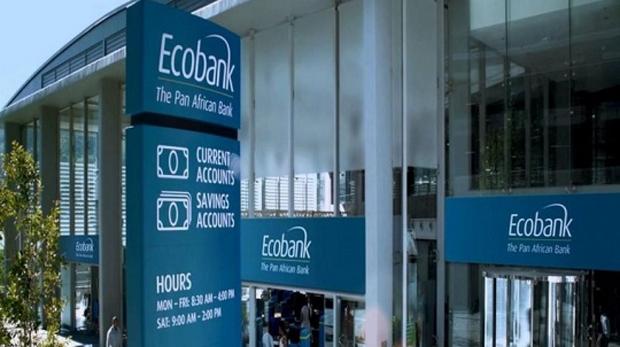International rating agency, Fitch Ratings, has reaffirmed the Long-Term Issuer Default Rating (IDR) of Ecobank Nigeria (ENG) at ‘CCC’. This means that while the bank’s financial standing remains challenged, it is still seen as capable of meeting its immediate obligations, including the $150 million Eurobond repayment scheduled for February 2026.
In a report released on its official website, Fitch Ratings also downgraded the bank’s Viability Rating (VR) from ‘ccc’ to ‘f’. The downgrade reflects serious concerns about the bank’s standalone financial health. However, Fitch explained that the IDR affirmation shows that the risk of default has not increased significantly.
Fitch noted that Ecobank Nigeria recently completed a tender offer to buy back $150 million out of its $300 million Eurobond at a small premium. The bank also secured bondholders’ agreement to remove a covenant that would have triggered early repayment of the bond if capital adequacy ratios (CAR) were breached. This strategic move helped reduce the pressure on the bank’s foreign obligations.
The rating agency said: “The affirmation of the Long-Term IDR despite the VR and Shareholder Support Rating (SSR) downgrades reflects Fitch’s view that default risk has not materially increased.”
Fitch’s report also stated that ENG still has enough internal liquidity to repay the remaining $150 million Eurobond due by February 2026. Additionally, the bank could get further financial support from its parent company, Ecobank Transnational Incorporated (ETI), if needed.
Still, Fitch highlighted that the bank’s foreign currency liquidity is weak when compared to local standards. This is mainly because a large portion of its foreign currency deposits are in term deposits, which are considered less stable than current or savings accounts.
The agency listed several conditions that could lead to a future upgrade in Ecobank Nigeria’s ratings. These include improvements in the bank’s Viability Rating or Shareholder Support Rating to at least ‘ccc+’. Specifically, an upgrade of the VR would require the bank to return to CAR compliance and exit any form of regulatory forbearance.
Fitch said the only realistic way this could happen would be through a “substantial capital injection from a third party investor,” combined with a major reduction in credit concentration risks and a clean-up of the bank’s problematic loans.
It also noted that any upgrade in Ecobank Nigeria’s National Ratings would require stronger creditworthiness compared to other Nigerian financial institutions. In essence, the bank would have to show improved resilience, better governance, and stronger fundamentals.
Ecobank Nigeria has not made an official statement on the Fitch report as of the time of filing this report.
Ecobank Nigeria is a key player in Nigeria’s banking sector and part of the larger Ecobank Group, which operates across 33 African countries. While Fitch’s rating does not signal immediate trouble, it shows that the bank needs to improve its financial health, especially its capital adequacy and risk management, to avoid slipping into deeper crisis.
The bank’s ability to buy back half of its Eurobond and renegotiate terms with bondholders is seen as a positive sign of active financial management. However, its challenges in meeting international liquidity standards, combined with concerns about capital levels, remain red flags for analysts and investors.
Analysts say the next few months will be critical for ENG, as the global and local economic environment remains uncertain, and access to fresh capital may become more difficult.
